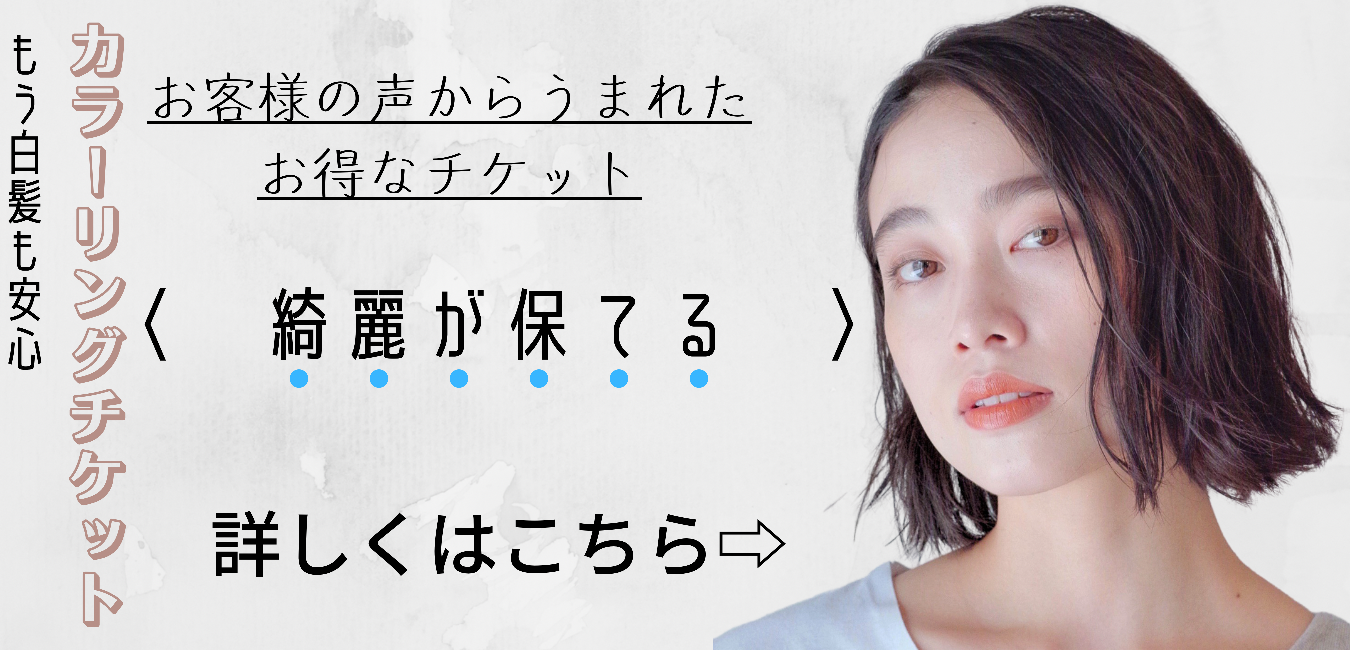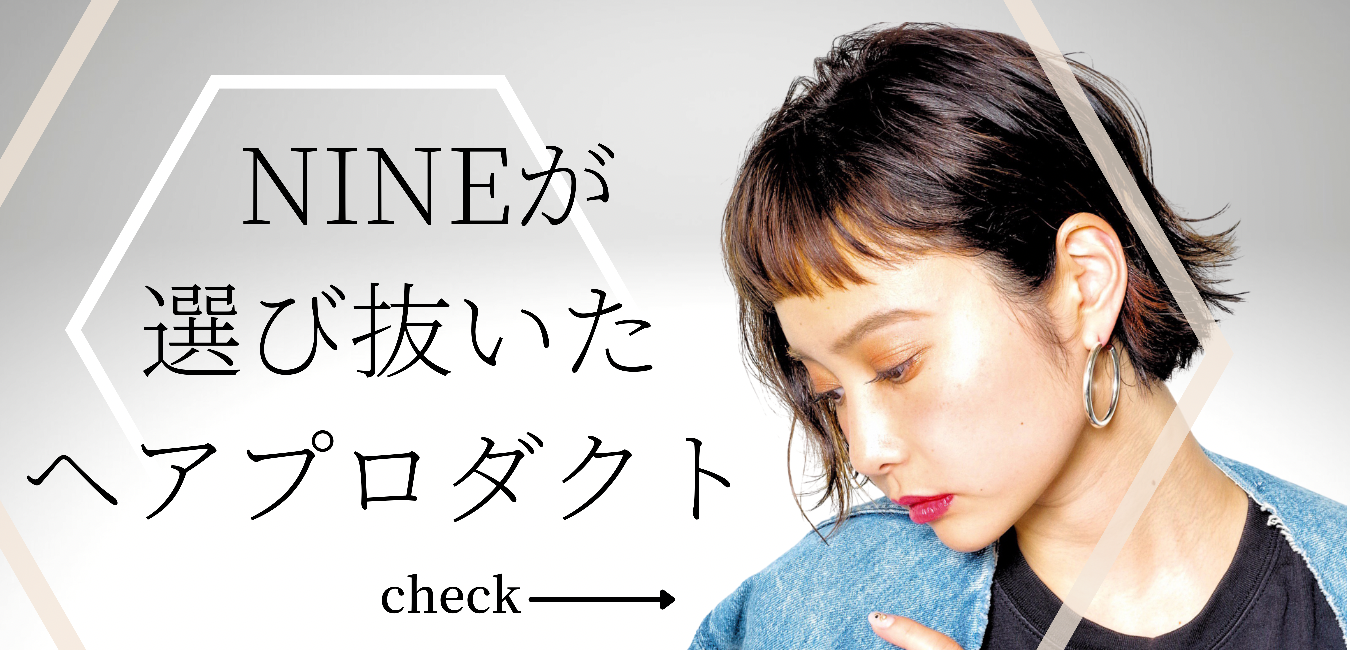
There seems to be a misconception that thinning hair is a problem unique to men, but 30% of LIV21 members are women, and the number is increasing every year. This is due to stress, hormonal imbalance, excessive dieting, etc., and is a problem unique to modern women.
The reason why we do not usually see many women with thinning hair is that they tend to hide it with hats and wigs and refrain from going out. Modern women also suffer from the following three main types of hair loss
Women’s Hair Removal
Male pattern baldness in women
It is very similar to “male pattern baldness,” in which the hair thins from the forehead and the top of the head, as in men. It is caused by hormonal imbalance due to irregular menstruation or menopause, which results in the predominance of male hormones.
alopecia areata
Hair loss caused by autonomic imbalance due to stress. It is not that women are more stressed than men, but they tend to have more circular hair loss than men.
Diffuse hair loss, which requires persistent treatment, is also more common in women. This is a sparse loss of numerous hairs, which, when aggravated, progresses to alopecia totalis (hair loss in which the entire head of hair falls out completely). In more advanced cases, the hair loss may be generalized, meaning that all the hairs of the entire body fall out, and in cases of extreme difficulty in recovery, hair loss may become intractable.
postpartum hair removal
Hair loss after (pre)childbirth. Pregnancy causes a significant change in the balance of hormones. As a result, the growth phase of the hair cycle becomes longer, and hair that has remained in the regressive phase may remain without falling out.
For some people, after childbirth, when hormones return to normal, hair that remained in the regressive phase and did not fall out will fall out all at once. In some cases, 20% of the total hair may fall out at one time.
Hair loss often resolves over time, but in some cases it does not recover as it should, so avoid self-determination.
At Reeve 21, we want to help as many women as possible who have hair problems. Please do not worry alone, but consult us first.











